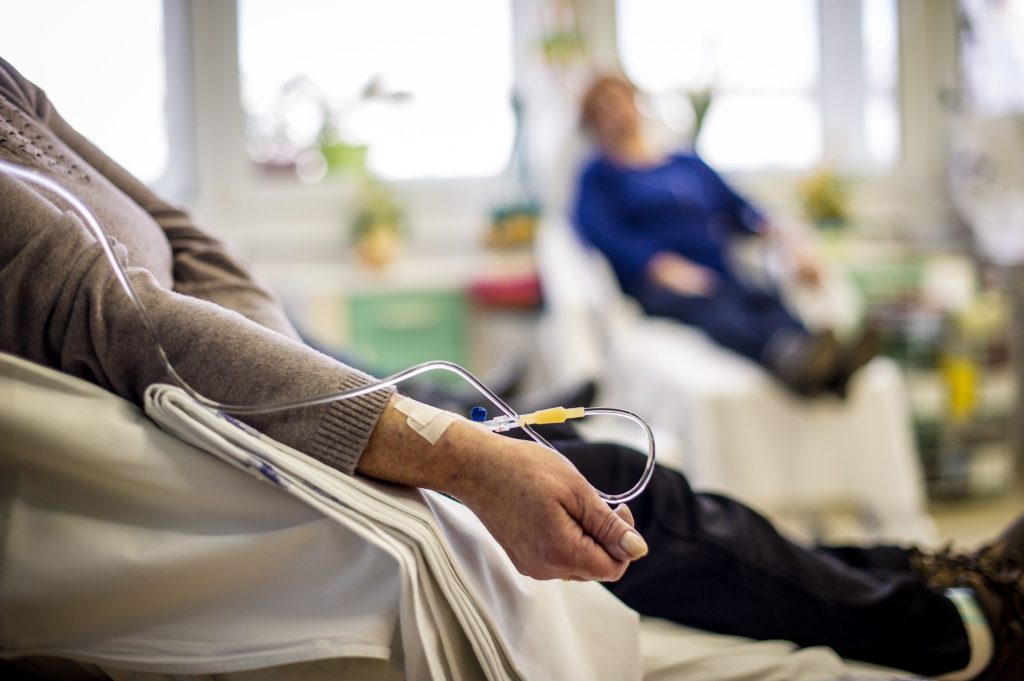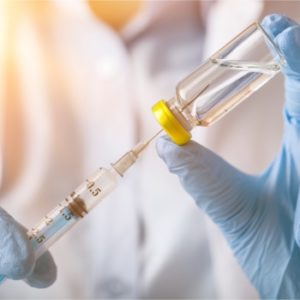“Multiple myeloma patients treated in their community by local oncologists have poorer survival outcomes than those receiving care at centers that see large numbers of patients..”
Hi David- I feel somewhat lost in the arena of working with a myeloma specialist. I have a local oncologist who I see regularly and who communicates all my records and discussions with my myeloma specialist.
I did 12 weeks of induction therapy with negligible side effects, opted out of ASCT and collection, tried a bit more induction therapy at local oncologist’s request with strong side effects, such that we agree the Velcade will be discontinued.
Local oncologist and MM specialist agree on a 10mg Revlimid for maintenance which current plans have me starting soon. (Any plans subject to change.)
Even though my MM specialist is close, we have only met via online due to Covid. I know I need to have him, but I’m at a loss for why? When I politely asked him, he basically said that it would be for getting into clinical trials once all approved options are exhausted.
OK, so that’s for later. Right now, our appointments seem very awkward to me. I plan to pursue alternative/integrative treatments. I like the MM specialist just fine…he offered the info (which I already knew) that ACST changes longevity 0%.
He also told me of an MM patient of his who has survived 26 years having never had an ASCT.
Your insight for dealing with MM specialist will be appreciated. I was diagnosed March, 2020, M spike 5.5 has plateaued around 1.3. Thanks! Carol
Hi Carol-
This is a great post. I will excerpt your statement and reply accordingly.
1) “I feel somewhat lost in the arena of working with a myeloma specialist. I have a local oncologist who I see regularly and who communicates all my records and discussions with my myeloma specialist.”
Good.
2) “I did 12 weeks of induction therapy with negligible side effects, opted out of ASCT and collection..”
Those two decisions can make a difference with your side effects (negligible side effects) and overall survival. By this I mean that choosing 3-4 courses of induction therapy (VRD?) and not the standard-of-care 6 courses means that either you and/or your local oncologist are making the best decisions for you.
If you responded well to 3-4 rounds of induction therapy (CR or VGPR) I would encourage you to harvest your stem cells and store them just in case.
Your m-spike was 5.5 at diagnosis. It is now 1.3. Having relatively clean stem cells available gives you another therapy option.
3) “tried a bit more induction therapy at local oncologist’s request with strong side effects, such that we agree the Velcade will be discontinued.”
You experienced “strong side effects” and decided to stop more induction therapy. This decision speaks well for your relationship with your local oncologist.
4) “ Local oncologist and MM specialist agree on a 10mg Revlimid for maintenance which current plans have me starting soon.”
Again, this agreement speaks well for your local oncologist. Most of the MM patients I work with are told by their oncologist to undergo a higher dose of maintenance or a chemo combination for maintenance.
Consider anti-angiogenic nutrition and supplementation, exercise, sauna, etc. during maintenance therapy.
5) “Even though my MM specialist is close (UT Southwestern), we have only met via online due to Covid. I know I need to have him, but I’m at a loss for why? When I politely asked him, he basically said that it would be for getting into clinical trials once all approved options are exhausted. OK, so that’s for later. Right now, our appointments seem very awkward to me. I plan to pursue alternative/integrative treatments. I like the MM specialist just fine…he offered the info (which I already knew) that ACST changes longevity 0%.”
Several things. Working with a MM specialist can mean simply consulting with him. By this I mean that you are knowledgeable as MM patients go, your local onc. is flexible and at this point, you are correct, the specialist doesn’t seem to be adding much expertise.
There is nothing wrong with waiting for a time (months or years) before contacting the specialist again. For the record, I disagree with your specialist’s response that his main expertise is for clinical trials. I work with many newly diagnosed MM patients who begin working with a general oncologist who knows little if anything about MM. It happens all the time…
6) “I was diagnosed March, 2020, M spike 5.5 has plateaued around 1.3. Thanks!”
This last sentence of your post may be the most important fact that you mentioned. Both your local onc. as well as the specialist may push for a “deep response” in hopes of reaching a complete remission. The challenge with pushing for a deep response response is that:
1) you will undergo lots of toxicity pushing for a deep response.
2) there is no conclusive evidence that complete remission means a longer overall survival for the patient- and may even lead to a shorter overall survival-
3) MM patients/survivors live normal lives without reaching CR or an m-spike of 0. I am surprised that your oncologist didn’t push for more courses of induction and/or adding more/different chemotherapy regimens beyond the original (VRD?) in order to achieve complete remission.
After reading your post Cathy, my thoughts are that your local onc. is good, you are more knowledgeable that NDMM and finally that the two of you complement each other in your decision-making.
General oncologists who have little experience with MM have to rely on the “standard-of-care.” A one size fits all approach to MM, by definition, leads to the MM averages of 4-7 years, a 51% five year survival rate.
Let me know if you have any questions.
David Emerson
MM Survivor
MM Cancer Coach
Director PeopleBeatingCancer
Recommended Reading:
“Multiple myeloma patients treated in their community by local oncologists have poorer survival outcomes than those receiving care at centers that see large numbers of patients or are nationally recognized, and likely to have doctors with more experience in this disease, a study reports.
Its findings were based on patient data in a statewide resource, and supported treatment at high-volume facilities like those tied to universities, and those that are National Cancer Institute (NCI)-designated cancer centers.
Research has shown that survival benefits are significantly better when blood cancer patients are treated at centers handling larger numbers of patients. This is likely because healthcare providers working at high-volume institutes are more experienced overall and more familiar with difficult-to-treat cases…”




